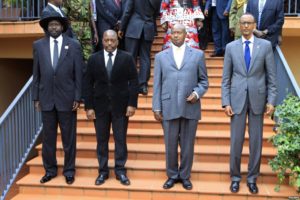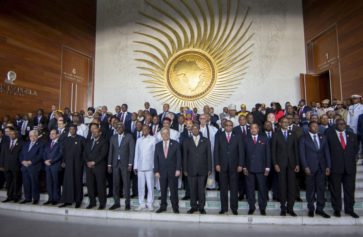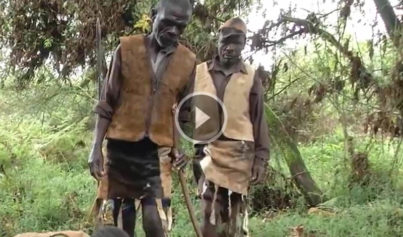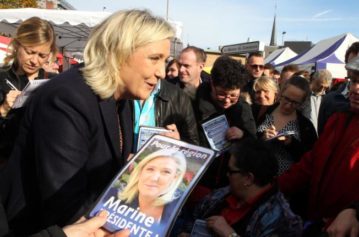
“Africa must be cautious of trying to imitate the Western countries who, in their heydays of being the aristocracy of the world, put wages very high and, in the end, when they faced competition from China, India and others, could not compete,” said the president while addressing the 17th Common Market for Eastern and Southern Africa (COMESA) Heads of State summit in Kinshasa, Democratic Republic of Congo.
COMESA is a grouping of 19 African states that have agreed to promote regional integration through trade development, and to develop their natural and human resources for the mutual benefit of all their people. COMESA members include Uganda, Kenya, Mauritius, Seychelles, Madagascar, Zambia, Egypt, Libya and Zimbabwe.
The theme of the 17th summit is, “Consolidating Intra-COMESA Trade and Through Micro-Small and Medium Enterprise Development.”
The last summit was hosted by Uganda from Nov. 23 to 24, 2012, under the theme “Enhancing Intra-COMESA Trade through Micro, Small and medium, Enterprises.”
Museveni, who since then has been the COMESA chairperson, has handed over to the host Congolese President Joseph Kabila.
Leaders at the summit included Robert Mugabe (Zimbabwe) and Omar Bashir (Sudan).
In his address, Museveni underscored the importance of investing in infrastructure. He said Africa’s enormous potential cannot be unlocked without good infrastructures, especially roads, railway, electricity, information and computing technology systems, ports and piped water for, at least, the towns.
Saying that World Bank has estimated that each year Africa needs US$93 billion to cover the funding gaps for infrastructure, Museveni called for new ways for funding the deficit.
“First of all, we should ourselves exercise frugality and save money for infrastructure. In Uganda, we have been having a battle with public servants demanding higher salaries when little is done on the infrastructure,” he said.
He added that his government has resisted pressures for higher pay and it has been able to fund or partially fund new power stations, new roads and transmission lines.
Museveni observed that this is also what the India and the China did in the 1950s, 1960s and 1970s. “By constraining wages, they were able to build infrastructure by themselves,” he observed.
“The constraining of wages also had the effect of making labor costs in China being more competitive in attracting investments and also manufacturing cheaper and, therefore, more competitive products,” he noted.
Museveni said that during discussions with Western countries, Africa must stress infrastructure development.
“Yes, we can talk about other subjects dear to the Western countries such as the homosexuals. However, even the homosexuals need electricity,” he pointed out.
“Electricity, railways, roads, ICT, piped water for, at least, the towns, education and health infrastructure must be our priorities in whatever forum we are in. Those should be our points of emphasis,” he noted and called for a comprehensive COMESA infrastructure design such as a railway line from East Africa to Kisangani; a railway from East Africa to North Africa through South Sudan; a railway line to Ethiopia from East Africa; a railway line to Rwanda and Burundi and, eventually, to Zambia through Lake Tanganyika to Mpulungu.
Museveni further said Africa must stop export of raw materials. “We discovered oil in 2006. Up to today we have not dug out that oil because of disagreeing with the oil companies that, initially, did not want to build a refinery,” he said.
He also said Africa must “discourage the comprador class that specializes in selling foreign goods here and then also transferring our minerals and agricultural products at very low prices, while exporting jobs at the same time by not adding value to our raw materials.”
Museveni highlighted the progress so far achieved since COMESA was started. While in 2000 the volume of trade in COMESA was US$3.3 billion, it is now US$19 billion.
Source: newvision.co.ug


